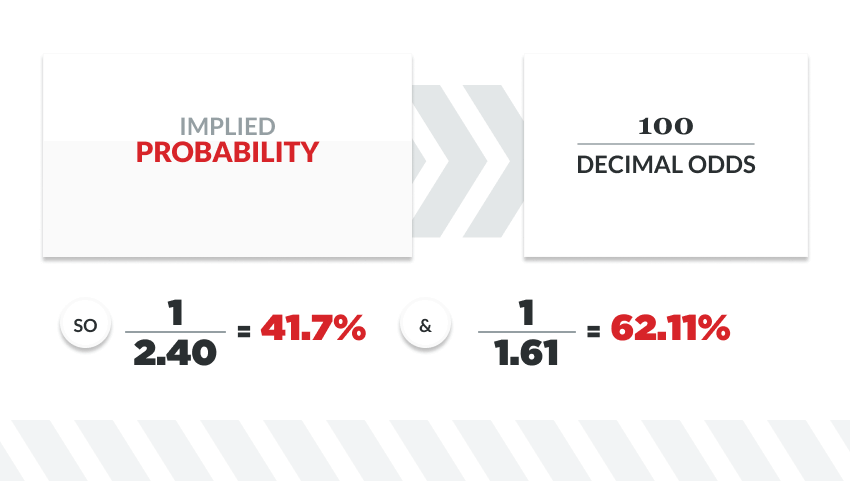Sports betting is a popular pastime for many individuals who enjoy the thrill of predicting the outcome of sporting events. Whether you’re a seasoned bettor or new to the world of sports betting, understanding odds and probability is crucial to making informed bets and increasing your chances of winning.
What are Odds?
Odds represent the likelihood of a particular outcome occurring in a sporting event. They are typically presented in one of three formats: decimal, fractional, or American. Decimal odds show the total return you will receive for every unit staked, fractional odds show the profit on a winning bet relative to the stake, and American odds indicate how much you need to stake to win $100.
Probability and Implied Probability
Probability is the likelihood of a specific outcome happening, expressed as a percentage. In sports betting, odds are a reflection of the probability of an event occurring. The implied probability of an outcome is calculated by converting the odds into a percentage.
Understanding Bookmakers’ Odds
Bookmakers use odds to set the prices for different betting options. They factor in the probability of an outcome, as well as their profit margin, to determine the odds they offer. As a result, bookmakers’ odds may not always accurately reflect the true probability of an event.
Evaluating Probabilities and Making Informed Bets
To make informed bets, it’s essential to evaluate the probability of an outcome and compare it to the odds offered by bookmakers. If you believe the probability of an event occurring is higher than the implied probability calculated from the odds, you may have found a value bet.
Managing Risk and Bankroll Management
Successful sports betting requires effective risk management and bankroll management strategies. It’s crucial to avoid placing bets based on emotions or gut feelings and instead rely on data and analysis to make informed decisions. Additionally, setting a budget for your bets and sticking to it can help prevent excessive losses.
The Role of Statistics and Data Analysis
Statistics and data analysis play a significant role in sports betting, helping bettors identify patterns and trends that can inform their betting decisions. By analyzing historical data, current form, and other relevant factors, bettors can gain a better understanding of the probabilities and make more informed bets.
Conclusion
Understanding odds and probability is essential for success in sports betting. By evaluating probabilities, comparing bookmakers’ odds, and using statistics and data analysis to inform your decisions, you can increase your chances of making profitable bets. Remember to manage your risk effectively and stick to a disciplined approach to betting to maximize your chances of success.















